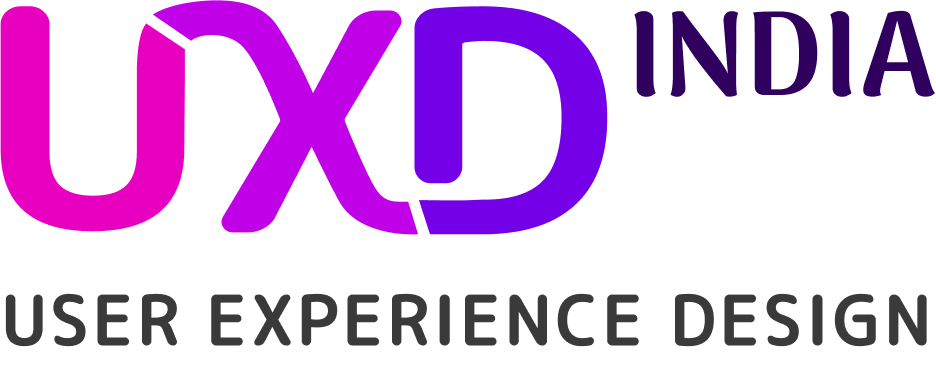What Is HRMS and Why It Is Important in 2025?
Is your HR team managing people — or managing paperwork?
As we step deeper into 2025, businesses are realizing that traditional HR tools can no longer keep up with the speed, complexity, and personalization today’s workforce demands.
With hybrid models, freelance ecosystems, compliance changes, and employee experience taking center stage — relying on generic systems just won’t cut it anymore.
So what’s the solution? A Customized HRMS — Human Resource Management System tailored to your organization’s exact needs.
Let’s break it down.
What Is HRMS?
An Human Resource Management System is software designed to digitize and automate various HR functions like:
- Payroll
- Attendance & leave tracking
- Performance management
- Recruitment and onboarding
- Employee data management
But here’s the catch — not all businesses are the same. A manufacturing company has different HR processes compared to a SaaS startup or a logistics firm.
That’s why a one-size-fits-all HRMS often leads to frustration, inefficiency, and disconnected workflows.
Why Generic HR Tools Fall Short in 2025
You might be wondering — can’t we just use a well-known HR platform like Zoho People, Keka, or Darwinbox?
Sure — and many businesses do. But even top-tier platforms have limitations when it comes to:
- Integrating with your industry-specific tools
- Adapting to unique organizational policies
- Supporting multilingual, multi-location HR setups
- Automating your own approval or workflow logic
As noted by Gartner, HR tech in 2025 is shifting from “process automation” to “experience personalization.” Companies want platforms that work for them — not platforms they need to work around.
Why a Customized HRMS Is Crucial in 2025
1. Supports Industry-Specific Workflows
A company in the stock advisory space might need integrations between their Customized CRM and HRMS to track advisor performance and automate bonus payouts.
Meanwhile, a manufacturing firm might require shift-based attendance, biometric integration, and compliance with factory act regulations.
A custom-built HRMS accommodates these needs without forcing workarounds.
Example: Pune-based industrial manufacturer Forbes Marshall replaced their legacy HR tool with a custom HRMS that syncs live shift rosters with attendance devices across multiple factories — increasing attendance accuracy by 38%.
2. Enhances Employee Experience (EX)
In a hybrid workplace, employees expect a seamless experience — whether they’re applying for leave, checking payroll, or updating KYC.
A Customized HRMS provides:
- Personalized dashboards
- Multilingual access
- App-based workflows
- Integrated feedback systems
A study by PwC shows that 74% of employees globally are more likely to stay with a company that invests in digital tools that improve their experience.
3. Compliance Made Easy (Especially in India)
Indian labor laws are evolving, and HR compliance isn’t optional. Whether it’s EPFO, ESIC, gratuity, or Shops and Establishment regulations — every company must ensure data accuracy and timely documentation.
A custom HRMS can be tailored to your region’s rules, integrate with government APIs (like Shram Suvidha or MCA portals), and generate reports aligned with local labor departments.
Example: An HR outsourcing firm in Bengaluru helped 20+ clients automate compliance filings via a centralized custom HRMS — saving ~60 hours/month in manual report generation.
4. Integrates with Your Ecosystem
One of the biggest pain points in HR tech? Disconnected systems.
HRMS, CRM, payroll software, onboarding tools — they often don’t “talk” to each other. That’s where custom integrations make all the difference.
For instance:
- Auto-generate offer letters based on CRM-qualified leads (for staffing firms)
- Sync attendance data with performance dashboards for team managers
- Trigger surveys or engagement check-ins based on tenure or events
According to Deloitte’s 2024 Global Human Capital Trends, “systems integration” is the #2 priority for CHROs when choosing HR tech in 2025.
5. Scales As You Grow
Startups may begin with a team of 10 — but scale to 100+ in just a year. A generic HRMS might break under the pressure of:
- Handling multiple office locations
- Tracking gig workers or consultants
- Managing department-specific KPIs
A Customized HRMS grows with you — not against you.
Example: Fintech startup Groww outgrew their base HR tool and built a modular HRMS for 700+ employees. It now covers onboarding, appraisals, internal hiring, and learning modules — all inside one unified platform.
How to Decide If You Need a Customized HRMS
Ask yourself:
- Are we using spreadsheets or multiple apps for HR tasks?
- Are HR operations consuming more time than they should?
- Is employee engagement inconsistent across departments or locations?
- Are we struggling with compliance and record-keeping?
- Do we need tighter integrations with tools like CRM, payroll, or ERPs?
If you answered yes to any of these, it’s time to explore a Customized HRMS that fits your business — instead of forcing your business to fit the tool.
Build for People, Not Just Process
In 2025, HR is not just about hiring and firing — it’s about building culture, trust, and performance through great tools and seamless systems.
The smartest companies are moving away from cookie-cutter software and investing in Customized HRMS solutions that give their people the tools they actually need.
So, the real question is: Is your HR tech helping your people thrive — or just ticking checkboxes?
Images used in this blog are from Freepik.
